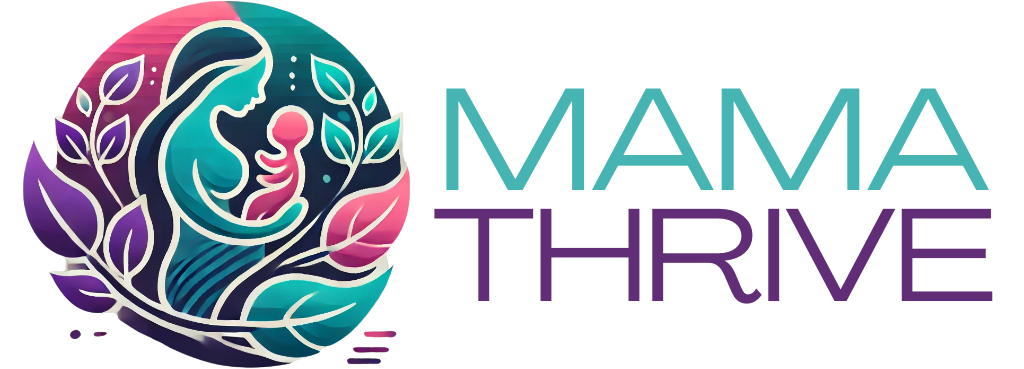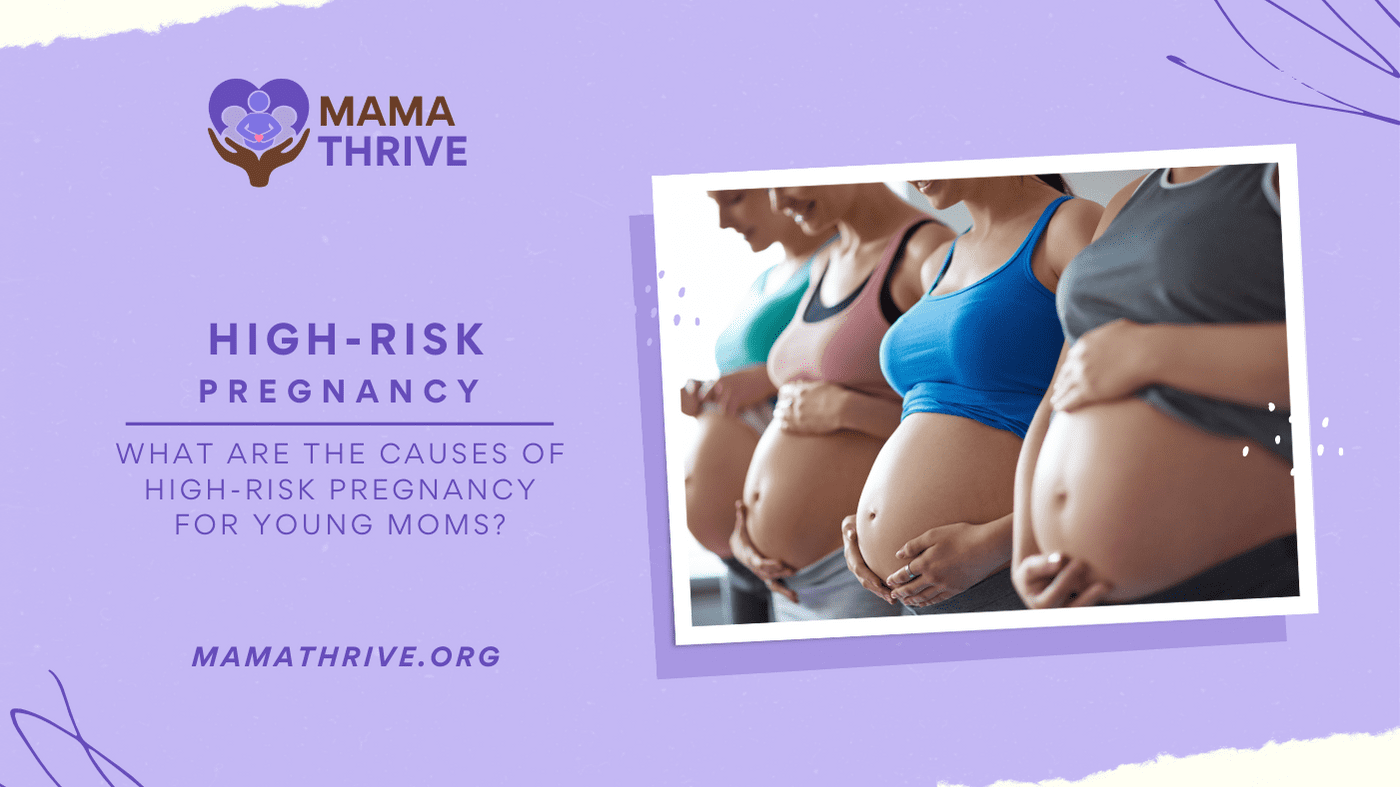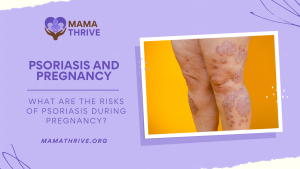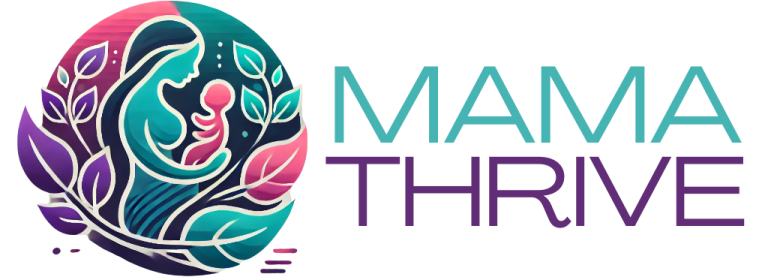Pregnancy is a wonderful and life-changing experience for women, but it can also be a time of great risk. High-risk pregnancy is a term used to describe a pregnancy in which the mother or baby is at an increased risk of developing complications. While all pregnancies carry some degree of risk, there are certain factors that can increase the likelihood of high-risk pregnancies. In this blog, we will explore the causes of high-risk pregnancy in young moms.
What is high-risk pregnancy?
High-risk pregnancy is a term used to describe a pregnancy in which the mother or baby is at an increased risk of developing complications. High-risk pregnancy complications can be preterm labor, gestational diabetes, preeclampsia, and placenta previa.
According to the Centers for Disease Control and Prevention (CDC), the rate of high-risk pregnancy for young mothers is higher compared to older women. For instance, for teenage mothers (age 15-19), the rate of preterm birth for teenage mothers is 9.9% compared to 8.2% for mothers in their early 20s.
Managing high-risk pregnancy requires specialized care and attention from healthcare providers, including more frequent prenatal visits, additional testing, and monitoring. Women with high-risk pregnancies may also require early delivery or cesarean section to reduce the risk of complications.
High-Risk Pregnancy Causes for Young Moms
For young moms to better manage their pregnancy, they should be aware of the causes of high-risk pregnancies. Here are some factors they need to be aware of:

Age
One of the most significant factors that can increase the risk of complications during pregnancy is age. Young moms, particularly those under the age of 18 (considered high-risk pregnancy age), are at an increased risk of high-risk pregnancy. This is because their bodies may not be fully developed, and they may not have the same level of maturity as older women.
According to the World Health Organization (WHO), an estimated 16 million girls aged 15 to 19 give birth each year. Teenage pregnancy can increase the risk of complications during pregnancy, labor, and delivery. Young mothers are more likely to experience premature birth, low birth weight, and other complications that can affect the health of both mother and child.
Pre-existing medical conditions
One of the leading causes of highrisk pregnancy for young moms is pre-existing medical conditions. Conditions such as hypertension, diabetes, and heart disease can increase the risk of complications during pregnancy, labor, and delivery. According to the CDC, women with pre-existing medical conditions have a higher risk of experiencing pregnancy-related complications, such as preeclampsia, preterm labor, and gestational diabetes.
It is essential for young mothers with pre-existing medical conditions to receive specialized prenatal care to manage their condition and ensure that they have a healthy pregnancy. Failure to manage pre-existing medical conditions during pregnancy can lead to serious complications such as preterm labor, stillbirth, or maternal death.
Lifestyle Choices
Lifestyle choices such as smoking, alcohol consumption, and drug use can also increase the risk of high-risk pregnancy. These habits can have serious consequences for both the mother and baby, including premature birth, low birth weight, and birth defects.
Young moms who smoke, drink alcohol, or use drugs during pregnancy are putting themselves and their baby at risk. It is essential to seek help and support to quit these habits before becoming pregnant or as early as possible during pregnancy.
According to the American College of Obstetricians and Gynecologists (ACOG), substance abuse during pregnancy can also lead to developmental and behavioral problems in children. Some of the most common developmental and behavioral problems in children are:

- Attention-Deficit/Hyperactivity Disorder (ADHD): ADHD is a common developmental disorder affecting attention and behavior in children. Children with ADHD have difficulty concentrating and controlling their impulses and may be hyperactive or impulsive.
- Autism Spectrum Disorder (ASD): ASD is a developmental disorder that affects social interaction, communication, and behavior. Children with ASD may have difficulty understanding social cues and may engage in repetitive behaviors or have specific interests.
- Learning disabilities: Learning disabilities are conditions that affect a child’s ability to learn and process information. Children with learning disabilities may have difficulty with reading, writing, math, or other academic skills.
- Anxiety and depression: Anxiety and depression are common behavioral problems in children, particularly in response to stress or trauma. Children with anxiety or depression may have difficulty sleeping, eating, and interacting with others.
- Conduct disorder: Conduct disorder is a behavioral disorder in children that involves disruptive and aggressive behavior. Children with conduct disorder may engage in behaviors such as stealing, fighting, or vandalism.
Multiple Pregnancies
Young moms who are carrying multiple babies are also at an increased risk of high-risk pregnancy. Multiple pregnancies can put a strain on the mother’s body and increase the risk of complications such as preterm labor, gestational diabetes, and preeclampsia.
According to CDC, the rate of preterm birth for mothers carrying twins is 57% compared to 10% for singletons. Young mothers who are carrying multiple babies require specialized prenatal care to manage their pregnancy and reduce the risk of complications. It is essential to seek medical attention as soon as possible if you are pregnant with multiple babies.
Infections
Infections such as rubella, cytomegalovirus, and toxoplasmosis can increase the risk of high-risk pregnancy. These infections can cause serious complications for both the mother and baby, including miscarriage, stillbirth, and birth defects.
It is essential to take steps to prevent infections during pregnancy, including practicing good pregnancy hygiene, avoiding contact with people who are sick, and taking into consideration vaccinations for pregnant moms.
Poor maternal nutrition
Poor maternal nutrition is another cause of high-risk pregnancy in young moms. A lack of proper nutrition during pregnancy can lead to low birth weight, premature birth, and other complications. Malnutrition during pregnancy is a significant public health concern, particularly in developing countries.
How can you manage high-risk pregnancy?

Managing high-risk pregnancies involves careful monitoring and medical intervention to reduce the risk of complications. Prenatal care is essential for managing high-risk pregnancies, and it is recommended that women with high-risk pregnancies receive more frequent prenatal check-ups and ultrasounds. Depending on the cause of the high-risk pregnancy, treatments may include medication, bed rest, or early delivery.
It is crucial for women with high-risk pregnancies to make lifestyle changes such as eating a healthy diet, avoiding tobacco, alcohol, and drugs, and getting plenty of rest. Additionally, women with high-risk pregnancies may benefit from support from a healthcare provider or a mental health professional to manage stress and anxiety. In some cases, women with high-risk pregnancies may require specialized care from a maternal-fetal medicine specialist or a team of healthcare professionals.
Overall, the key to managing high-risk pregnancies is early detection and medical intervention to minimize the risk of complications. Women with high-risk pregnancies should work closely with their healthcare providers to develop a care plan tailored to their unique needs and circumstances.
How can a telehealth program help young women with high-risk pregnancies?
Mama Thrive is a telehealth program for pregnant women in Florida that offers comprehensive support to women with high-risk pregnancies. Mama Thrive provides a team of healthcare professionals who work closely with women to address their unique needs and circumstances.
Through Mama Thrive, women can access prenatal care, including regular check-ups, ultrasounds, and other diagnostic tests. Women with high-risk pregnancies also have access to maternal-fetal medicine specialists and other healthcare professionals who can provide specialized care and medical interventions.
Mama Thrive also offers support for women to make healthy lifestyle changes, including nutrition counseling and mental health services to manage stress and anxiety. The program provides access to a network of community resources and support groups to help women connect with other women experiencing similar challenges.
By providing accessible and personalized care, Mama Thrive can help women with high-risk pregnancies manage their conditions and reduce the risk of complications. With the convenience of telehealth services, women can access the care they need from the comfort of their own homes, which can be especially beneficial for women who have mobility or transportation challenges.
Enroll here now: Registration Form – Mama Thrive





